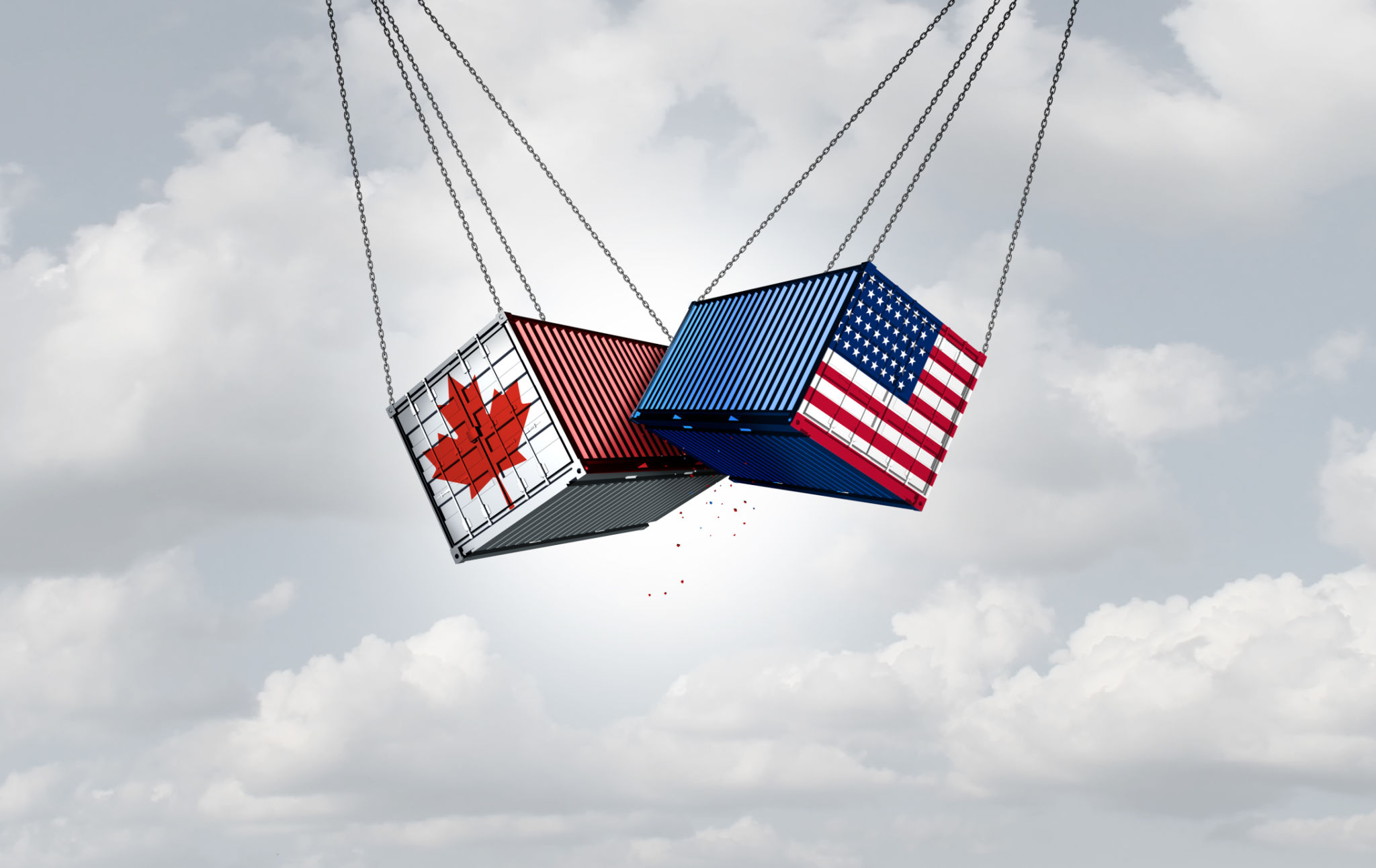The Essential Checklist for Navigating Trade Regulations in Canada
Understanding Trade Regulations
Trade regulations can be complex and navigating them in Canada requires a comprehensive understanding of the rules and guidelines that govern international trade. Whether you're importing goods into Canada or exporting to other countries, being well-versed in trade regulations is essential to ensure compliance and avoid potential penalties.
The Canadian government has a robust framework to regulate trade, which includes customs duties, import/export restrictions, and compliance with safety standards. For businesses looking to expand their operations internationally, understanding these regulations is crucial for smooth business operations.

Key Agencies and Their Roles
Several key agencies play a pivotal role in enforcing trade regulations in Canada. The Canada Border Services Agency (CBSA) is responsible for border enforcement, immigration enforcement, and customs services. Meanwhile, Global Affairs Canada manages Canada's diplomatic and consular relations, international trade, and development assistance.
Understanding the roles of these agencies can help businesses align their operations with legal requirements. Moreover, staying updated with changes in regulations can prevent compliance issues.
Essential Documents for Trade
Ensuring you have the correct documentation is a vital step in the trade process. Key documents include:
- Bill of Lading: A detailed list of a shipment of goods in the form of a receipt given by the carrier to the person consigning the goods.
- Commercial Invoice: A document required by customs to determine the true value of the imported goods, for assessment of duties and taxes.
- Import/Export Permits: Certain goods may require permits for import or export to ensure they meet Canadian standards and regulations.

Compliance with Safety Standards
Compliance with safety standards is not just a legal obligation but also a commitment to consumer safety. Products imported into Canada must meet specific Canadian safety standards, which are often aligned with international standards.
Businesses should regularly review and update their compliance procedures to align with these standards. Non-compliance can lead to product recalls, fines, and damage to brand reputation.
Tariffs and Duties
Understanding tariffs and duties is essential for cost management in trade. Canada has specific tariffs imposed on imports based on product type and origin. Businesses must calculate these costs accurately to price their products competitively.
Moreover, Canada has trade agreements with various countries, which might affect tariffs. Being aware of these agreements can offer cost-saving opportunities through reduced tariffs or duty-free access.

Staying Informed and Proactive
The landscape of trade regulations is continually evolving, making it crucial for businesses to stay informed. Regularly reviewing changes in policies and attending industry seminars can provide valuable insights into regulatory developments.
Engaging with industry experts or consulting with legal professionals specializing in international trade can also provide guidance tailored to your business needs. Being proactive in understanding and adapting to regulatory changes can give your business a competitive edge in the international market.